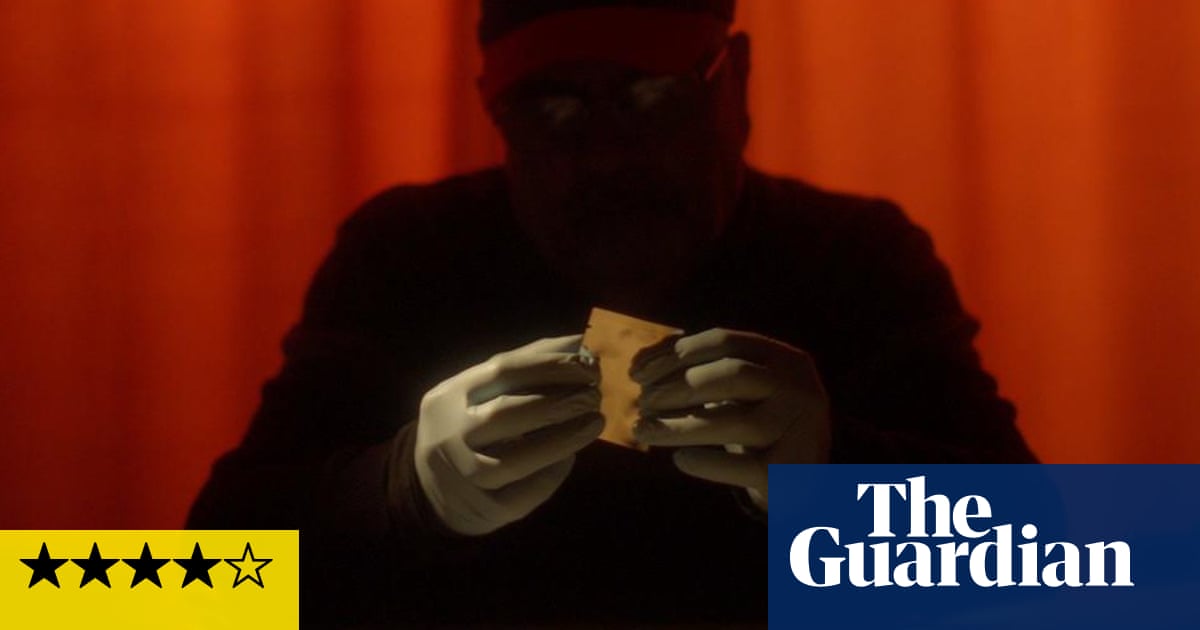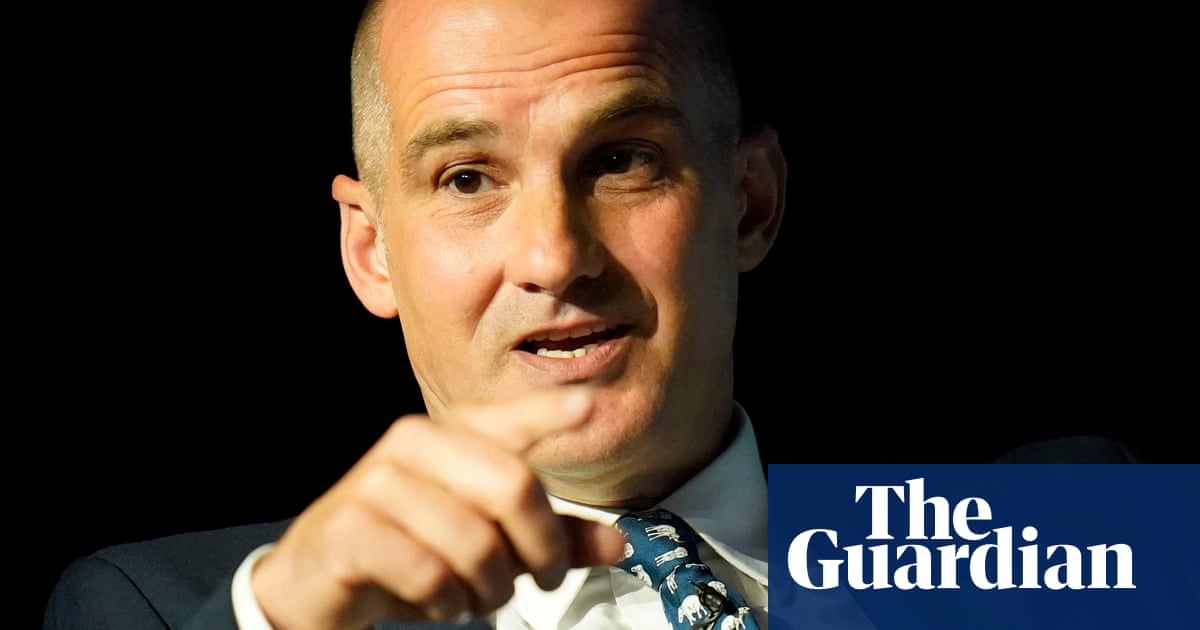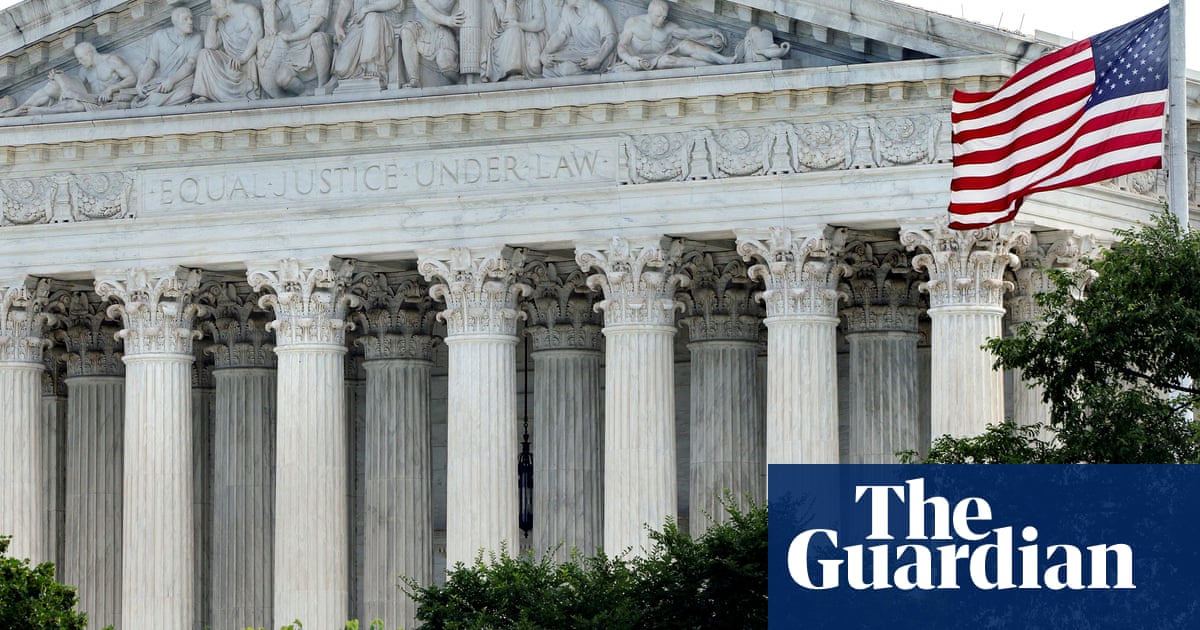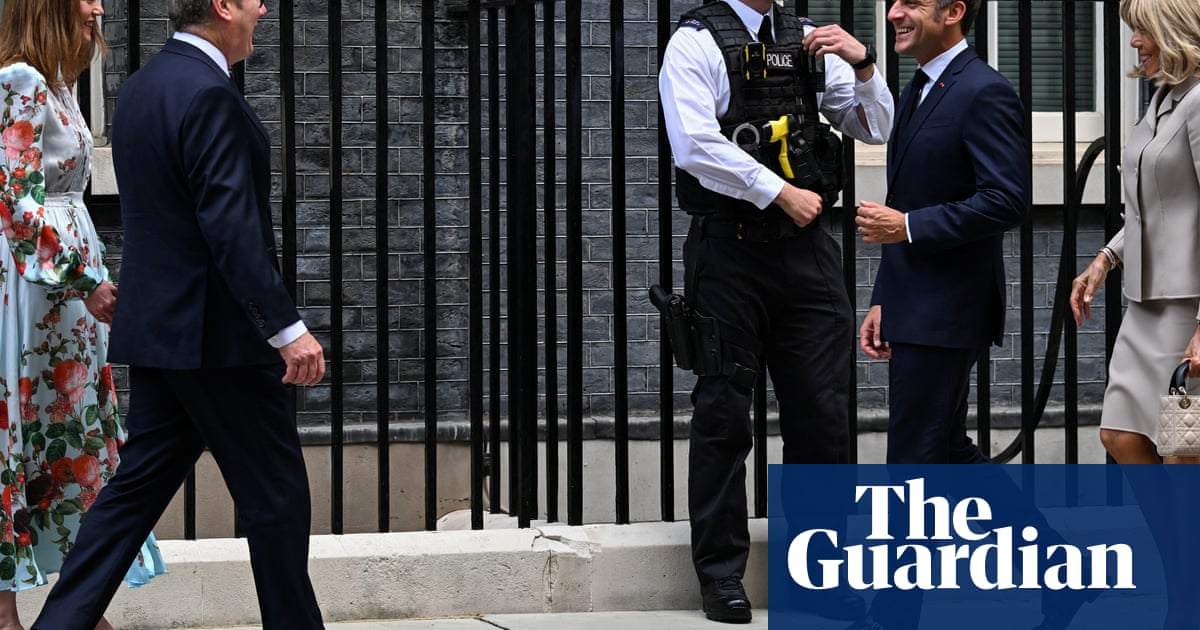As parents to an autistic son, my husband and I found it hard to accept his diagnosis. Developmental milestones were missed, and the difference between Tristan and others became stark. It could not be ignored, denied or explained away – our beautiful son was profoundly autistic.
Tristan was offered a place at a school for children with autism, and every Wednesday morning for a year, I was invited into the school to learn how to interact, play and communicate with our boy. It helped me understand what his future might look like. I could see that he might never talk, work, drive a car or have his own family – he could be dependent on us for the rest of his life.
Naturally, we would look after him for as long as we could – until, of course, we couldn’t. What would happen to our son when we were no longer here? That worry consumed us for years.
I stumbled upon special needs planning in 2016 when Tristan was six. A chartered financial adviser at the time, I heard the phrase “disabled person’s trusts” at a networking event, and my ears pricked up. I’d not heard the phrase before.
I know now that a disabled or vulnerable person’s trust is one of the two most common types of trust used to protect and support disabled people. Rather than being given or left to the vulnerable person themselves, money can be held in a trust, with others (the trustees) responsible for looking after it.
The other most common type is a discretionary trust, and the type of trust that a family uses will depend on their aims and circumstances.
At that time, I didn’t know there were specialist trusts that could protect my son – who is now 15 – and, honestly, I felt ashamed that it had taken a chance meeting for me to learn about them.
At the same meeting, a solicitor told a story about “a beneficiary unable to take valid receipt for an inheritance”. She was describing those who lack the mental capacity to receive their estate. If someone doesn’t have the mental capacity to receive an estate, a court-appointed deputy or attorney would have to accept it on their behalf. This threw me again – I’d not even considered whether Tristan would fall into this category and had assumed that if I named him in my will, he’d receive his inheritance, no matter what. These were terms that had not been in any financial planning manual I’d read. I wanted to know more, so I picked up copies of whatever slides, brochures and leaflets I could and left.
On the journey home, I thought about our will, finances and plans for the future.
I’d named my son in my will – I didn’t realise that would only cause him problems. I didn’t understand what would happen if he didn’t have the mental capacity to receive his inheritance. He’d undoubtedly be vulnerable with money in his hands and unable to work or provide for himself. I had so many questions. How could we provide for him safely? How could we protect him, and who would care for him? Would responsibility for him be left to my older son? Did we need to secure his means-tested care? What else had we missed?

I could see that the financial and legal plans my husband and I had put in place would cause our son nothing short of a financial nightmare. But I didn’t know how to address it.
What hope would other parents have if a chartered financial adviser struggled with it?
Sheer panic set in, and I made it my mission to understand. I studied technical manuals, spoke to experts in different fields, and, with a basic grasp of what I needed to do, visited three solicitors, chose one, and arranged our special needs plan for my son.
Alongside the will, I formed the financial part of the plan. It was an empowering exercise. For every “wrong way” of planning for Tristan, two “right ways” made more sense.
Since then, I have held groups for parents at my son’s school, where I’ve pointed out the three main challenges to watch out for. Vulnerable dependants often struggle to access their inheritance; they may become even more vulnerable in receipt of the money; and a direct inheritance can result in the loss of means-tested benefits, care or support.
Often, these three challenges hit at the same time. Once this perfect storm has happened, it can be devastating and, sadly, very difficult to reverse.
One mum told me she was living through one of the challenges herself. Her niece – who lacked capacity – couldn’t access the inheritance she had been locked out of, and her means-tested residential home placement was in jeopardy. The mum had tried to help but without success. The matter would have to go to court.
I hear similar upsetting stories at every parent event I run.
Problems caused by the wrong will, wrong trust or no will at all remain the number one area of avoidable harm that I see in my practice daily. Parents who want to pass down money to a vulnerable dependant aren’t aware they should consider specialist wills and trusts. It certainly didn’t occur to me and my husband when our son was diagnosed.

For any parent or carer new to special needs planning, I’d offer the following guidance:
1) Doing nothing is usually not an option. Conventional (or no) financial planning doesn’t work for special needs families like ours – it often results in money landing in the hands of the most vulnerable, causing irreparable harm.
2) The first step is to focus on a positive vision for your young person’s future. Can you describe what their best future would look like and document it?
3) With your vision in hand, find a reputable, qualified solicitor experienced in drafting wills and trusts for the vulnerable and make inquiries. Think about what you want to achieve and never be afraid to ask questions – no caring professional minds.
4) Drafting a “letter of wishes” costs nothing. While not legally binding, it records what you want to happen when you are no longer here, which can be incredibly helpful for those left behind. A will and trust are the crucial foundation of any special needs plan, but documenting your wishes is an important step, too.
5) Seek support from a local parent-carer forum or charities offering courses on wills and trusts for special needs. Learning some of the technicalities beforehand can put you on the front foot in what can be an emotional journey.

.png) 2 months ago
59
2 months ago
59

















































